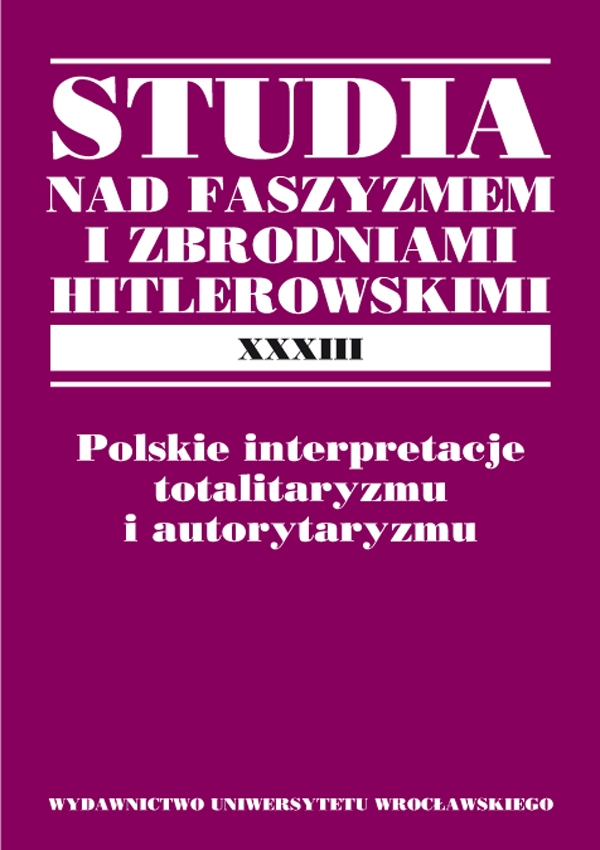

Artykuły

POLISH INTERPRETATIONS OF THE ITALIAN FASCISM’S ECONOMIC POLICY IN THE INTERWAR PERIOD
The paper analyses the interpretations of the Italian Fascism’s economic policy which were presented by the Polish economists of the interwar period. The economists who wrote in detail about the Fascist economy were impressed by the impetus of the investments realized by the State in Mussolini’s Italy and also positively evaluated the introduction of the social peace by the Mussolini’s government, though they sometimes noticed the economic costs connected with the Fascist policy — especially the expansion of bureaucracy and the growth of the fiscal burdens imposed on the society. One of the most enthusiastic commentators, Jan Zdzitowiecki, did not notice the symptoms of the aggravation of the economic situation in Italy in the final years before the World War II. The majority of the economists ignored the consequences of the intensive investment in the heavy industry during the 1930s for the standard of life. Only Henryk Kurt Hendrikson emphasized that these investments exerted the significant influence on the drop in the level of consumption in the society. Roman Rybarski was surely the only Polish economist of the period who fully perceived and understood the evolution of the Fascist economic policy — from the remarkably liberal policy until about 1926 to the progressively larger State control over the economy in the 30s. The author submits the thesis that the attitude of Polish economists towards the Fascist economic policies was the derivative of their general attitude towards the conception of State control over and direct management of economy. Especially those economists who, like, for instance, Lvov university professor Leopold Caro, searched for “the third way” between the liberal capitalism and socialism, expressed the positive or even enthusiastic opinions on that economic policy.